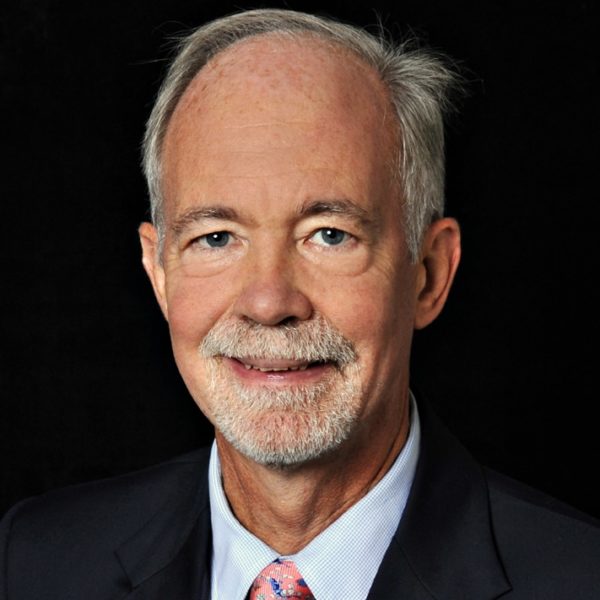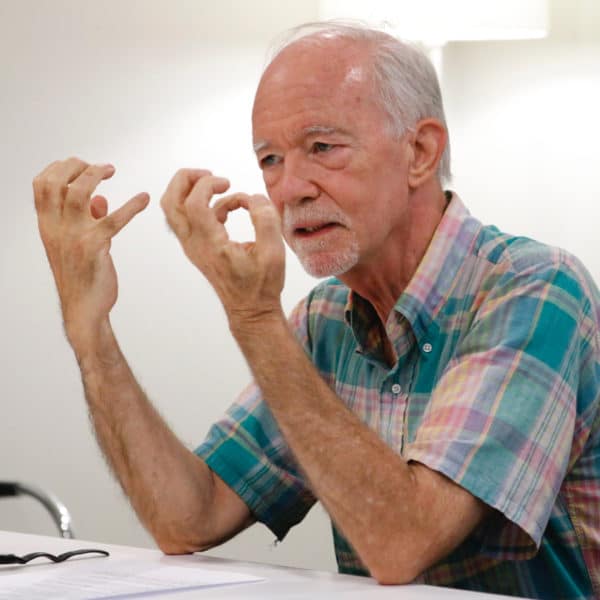The project aims to explore little-studied dynamics among and behaviour of UN member states and staff members that constrain the organization, and render it resistant to meaningful reform and vulnerable to achieving sub-optimal results, against two possible overall hypotheses:
- Hypothesis 1: The UN’s underperformance is rooted in structural tensions: a) between sovereignty-based principles and between expectations that the Secretary-General needs a degree of policy autonomy; b) between a UN that relies on member states for funding and backing and a UN that is tasked to uphold set of universal human rights norms; and c) tensions over the nature of UN legitimacy.
- Hypothesis 2: The UN is increasingly at risk because of four new developments: financial crisis in much of the industrialized world after 2007; a deteriorating geo-strategic situation; growing regionalism; and ever-more nationalist governments supporting only their narrowly-defined self-interest.
These circumstances may contribute to a UN resistant to meaningful reform and vulnerable to achieving sub-optimal results.


